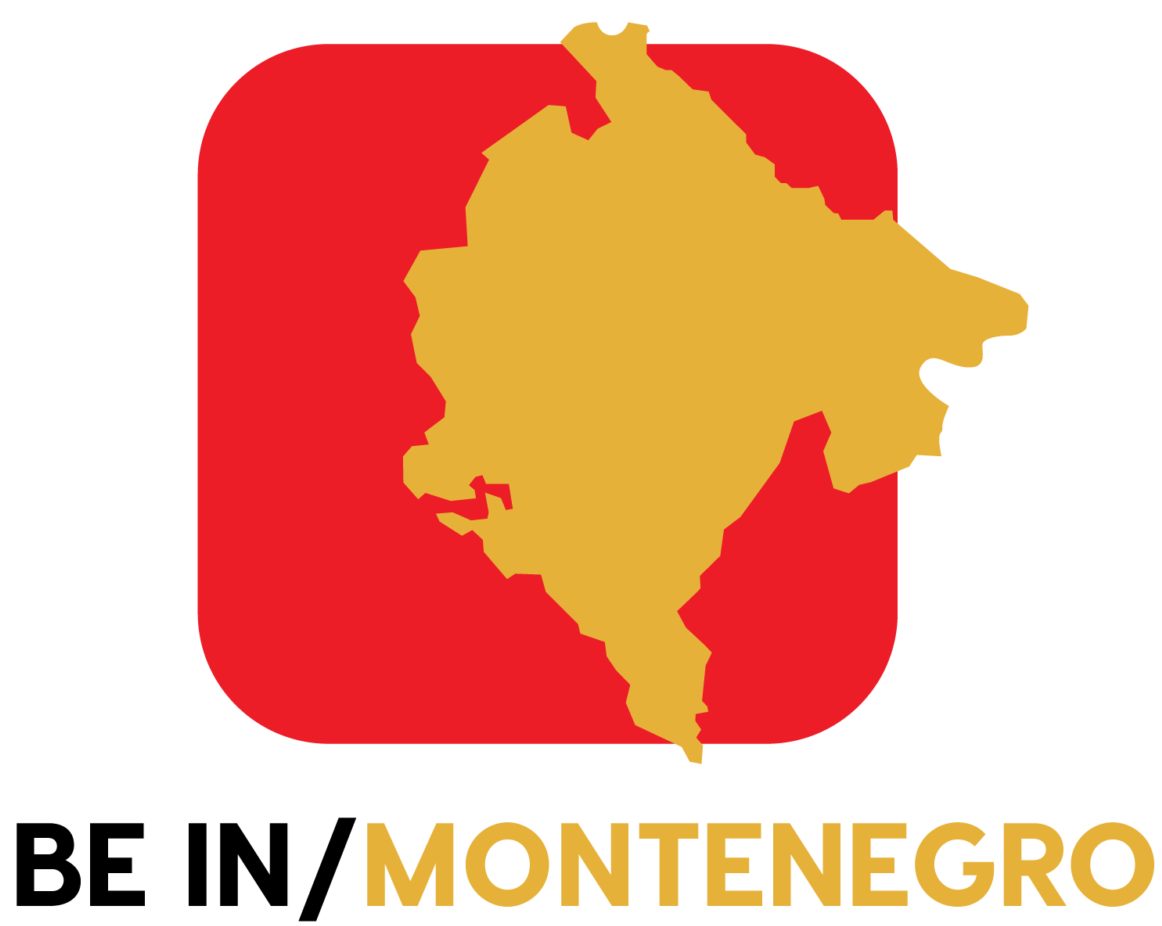National Figures
National Figures of Montenegro: Celebrating Its Rich Heritage
Montenegro, a country known for its breathtaking landscapes and vibrant culture, takes immense pride in its National Figures. From groundbreaking academics to world-class athletes, talented singers, and peace advocates, Montenegro’s history is rich with remarkable individuals who have shaped both the country and the world. Here, we highlight some of the most prominent figures in various fields who have contributed to the global recognition of Montenegro.
Milos Raonic: Canada’s Tennis Superstar of Montenegrin Heritage
Milos Raonic is a Canadian professional tennis player of Montenegrin origin. Born in Titograd (now Podgorica), Montenegro, Raonic moved to Canada with his family at the age of three. He grew up playing tennis at the Bramalea Tennis Club in Brampton, Ontario. Raonic achieved global fame as Canada’s highest ATP-ranked male singles player in history, with a career-high ranking of World No. 10. His first breakthrough came at the 2010 U.S. Open when he qualified for his first Grand Slam. In 2011, he skyrocketed from No. 102 to No. 37 after a strong performance at the Australian Open and his first ATP title at the SAP Open. Known for his powerful serve, Raonic holds one of the strongest serves in tennis history, ranking first in aces per match and service game percentage in 2012.
Mirko Vučinić: Montenegrin Football Legend
Mirko Vučinić, a celebrated Montenegrin footballer, made his mark in the world of professional football as a striker for Serie A club Juventus. Hailing from Nikšić, Montenegro, Vučinić began his football career at a young age, playing for the local team before being discovered by Lecce in Italy in 2000. Known for his versatility in attack, Vučinić has played in several positions, including winger, center-forward, and deep-lying striker. His creative play, dribbling skills, and ability to score long-range goals earned him recognition at the international level, representing Montenegro after its independence. He notably contributed to Montenegro’s World Cup 2010 qualifying campaign.
Nikola Peković: Montenegrin Giant in the NBA
Nikola Peković is a professional basketball player from Montenegro, known for his towering 2.11m frame and impressive performances in the NBA. A key figure for the Minnesota Timberwolves, Peković played as a center, making significant contributions both offensively and defensively. His skills and size have made him one of the most dominant Montenegrin players in the NBA.
Dejan Savićević: A Football Icon and Montenegrin Football Federation President
Dejan Savićević, a former Montenegrin football legend, was instrumental in Red Star Belgrade’s European Cup victory in 1991. Later, he joined A.C. Milan, where he won several Serie A titles and the UEFA Champions League. After retiring from playing, Savićević turned to coaching and administration, becoming president of the Montenegrin Football Association in 2004, shaping the future of Montenegrin football.
Petar II Petrović-Njegoš: A Prince and Philosopher
Petar II Petrović-Njegoš was a Montenegrin poet, philosopher, and ruler who played a pivotal role in the country’s secularization and political development. As the Prince-Bishop of Montenegro, he introduced fair taxation and a codified legal system, influencing Montenegro’s modernization. Njegoš is also known for his literary works, which contributed to the cultural identity of the region.
Rambo Amadeus: Montenegrin Musician and Cultural Icon
Rambo Amadeus, born Antonije Pušić, is a Montenegrin singer-songwriter and a prominent figure in the music scene of the former Yugoslavia. Known for his satirical lyrics and eclectic mix of musical genres, including jazz and rock, Rambo Amadeus uses humor and irony to address social and political issues. His music and persona have made him a cultural phenomenon in Montenegro and beyond.
Milo Đukanović: Leading Montenegro’s Political Landscape
Milo Đukanović, a dominant figure in Montenegrin politics, has served as both Prime Minister and President of Montenegro, shaping the country’s path toward independence. As the leader of the Democratic Party of Socialists of Montenegro, he played a key role in Montenegro’s split from Serbia and its eventual independence in 2006. His leadership has been crucial in steering Montenegro into a new era as an independent nation.
Nikola I Mirkov Petrović-Njegoš: Montenegro’s First King
Nikola I Mirkov Petrović-Njegoš was the only King of Montenegro, ruling from 1910 to 1918. A key figure in Montenegro’s modern history, he was also a poet and cultural ambassador for the country. His reign marked a period of significant transformation in Montenegro, and his legacy continues to resonate in Montenegrin culture.
Elena of Montenegro: Queen of Italy
Elena of Montenegro, the daughter of King Nikola I Petrović-Njegoš, became Queen of Italy upon her marriage to King Victor Emmanuel III. As Queen, she played a prominent role in Italy’s political and cultural life during the early 20th century, and her legacy endures through her contributions to the Italian royal family and her philanthropic efforts.
Afërdita Dreshaj: Montenegrin Beauty Queen and Singer
Afërdita Dreshaj, a Montenegrin-Albanian public figure, gained international fame as Miss Universe Kosovo 2011. She represented Kosovo at the Miss Universe pageant and has also made a name for herself as a singer in Albanian-speaking countries, debuting in 2009 with the hit single “Nëse Je Burrë.”
